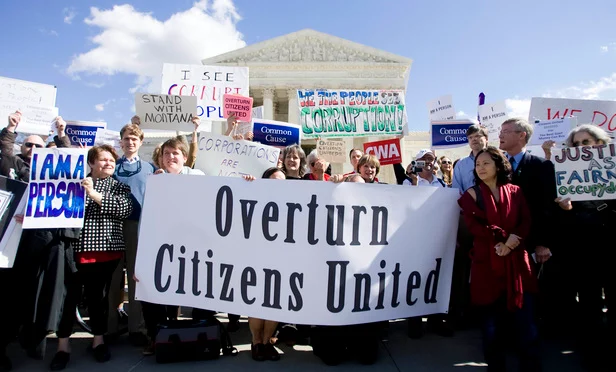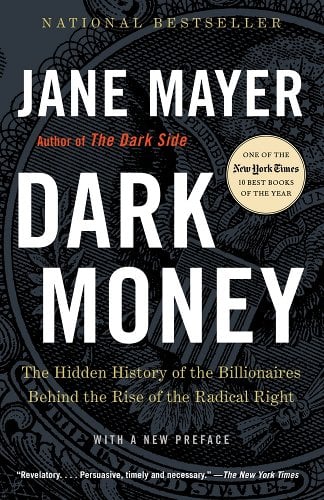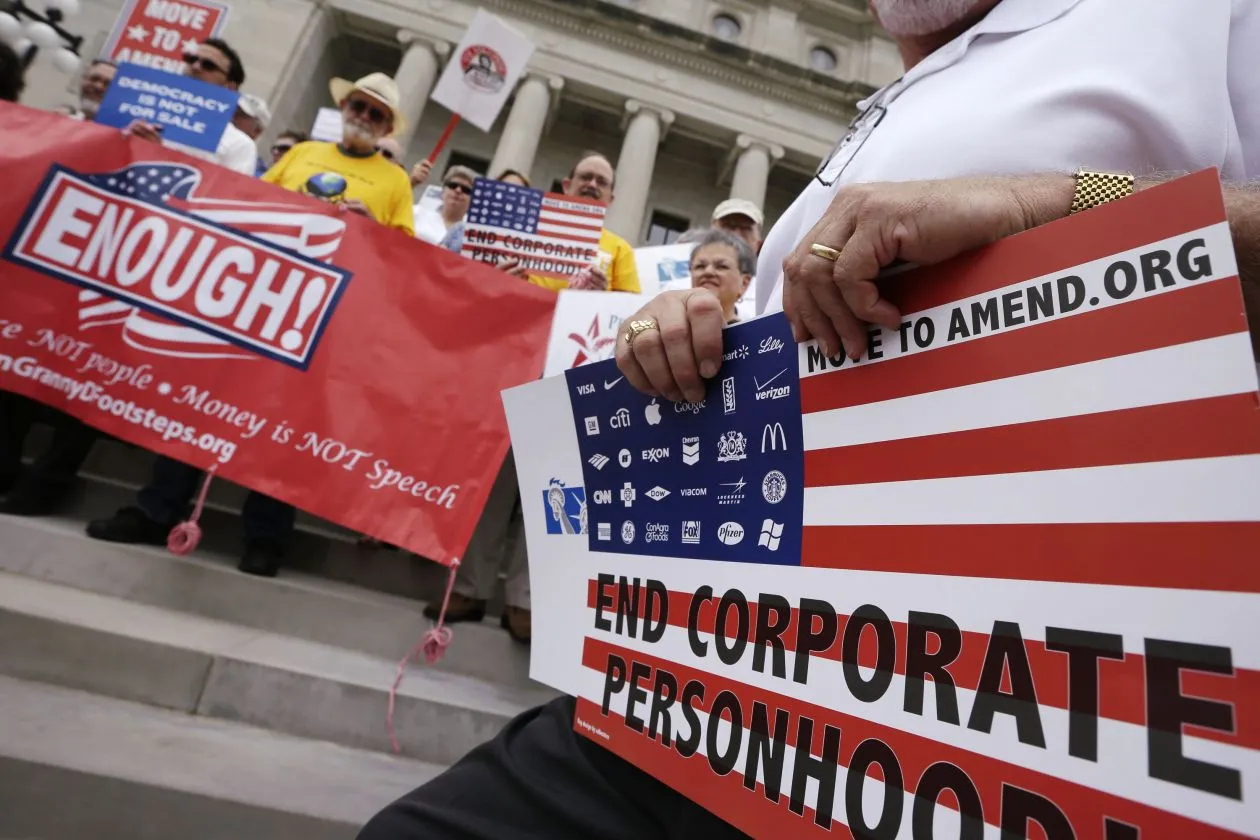Citizens United: Democracy for Sale?

Citizens United v. Federal Election Commission fundamentally reshaped American politics, allowing corporations and unions to spend unlimited funds on political advertising.
The Dive
Citizens United v. FEC, decided on January 21, 2010, marked a turning point in American campaign finance. The Supreme Court ruled that restrictions on corporate and union spending for political advertisements violated the First Amendment’s protection of free speech.
While some hailed the decision as a victory for free expression, others criticized it for giving corporations and wealthy individuals disproportionate influence over elections. The ruling invalidated key provisions of the Bipartisan Campaign Reform Act (BCRA) and opened the floodgates for unprecedented political spending.
The creation of Super PACs—political committees that can raise and spend unlimited funds as long as they remain independent from candidates—was a direct result of Citizens United. These entities have since become major players in U.S. elections, funded by a handful of ultra-wealthy donors.
Dark money, or political spending by groups that do not disclose their donors, has surged since the decision. This lack of transparency undermines accountability and leaves voters in the dark about who is influencing their elections.
Critics argue that the decision has transformed American democracy into a system where money speaks louder than votes. When corporations and billionaires can outspend entire communities, the average citizen’s voice is drowned out, and policies increasingly serve the interests of the few rather than the many.
The consequences of Citizens United extend beyond campaign finance. The ruling has intensified wealth inequality, solidified the revolving door between politics and corporate power, and further concentrated control over media and public discourse in the hands of a few entities.
The decision has also sparked growing calls for reform. Many advocate for overturning Citizens United through a constitutional amendment, strengthening transparency requirements, and implementing public financing of elections to ensure that every voice matters in the democratic process.
The question remains: How do we balance free speech with the need for a fair and equitable democracy? The future of American governance depends on addressing this challenge head-on and restoring trust in the electoral system.
Why It Matters
Citizens United v. FEC fundamentally altered the balance of power in American democracy, allowing money to overshadow the voices of ordinary citizens. By enabling corporations and wealthy individuals to pour unlimited funds into elections, this decision has reshaped the political landscape, making it harder for everyday people to compete with the influence of billionaires and special interests. Understanding the implications of this ruling is crucial for reclaiming a system where democracy works for all, not just the privileged few. The fight for fair representation and transparency is not just about elections—it’s about the future of justice, equity, and the American dream.
?
How has the Citizens United decision impacted the balance of power in American democracy?
What are the challenges and opportunities in regulating political spending while protecting free speech?
How can individuals advocate for campaign finance reforms to ensure fair representation for all voters?
What role does transparency play in restoring trust in the democratic process?
Do you think the current campaign finance system is sustainable? Why or why not?
Dig Deeper
A breakdown of the Citizens United decision and its long-term effects on American democracy.
Robert Reich explains the influence of money in politics and the need for campaign finance reform.
Related

Oligarchy
As the wealth and influence of a few ultra-wealthy individuals continue to shape American politics, we must ask ourselves: What is the cost of an oligarchy, and can democracy truly survive under the control of the few?

Wealth Inequality
Wealth inequality in the United States has grown to levels that threaten the stability of the social and economic systems. How does this imbalance affect society as a whole, and what can be done to address it?

Separation of Powers
The U.S. Constitution divides power among three branches—legislative, executive, and judicial—to prevent tyranny and keep government balanced.
Further Reading
Stay curious!

